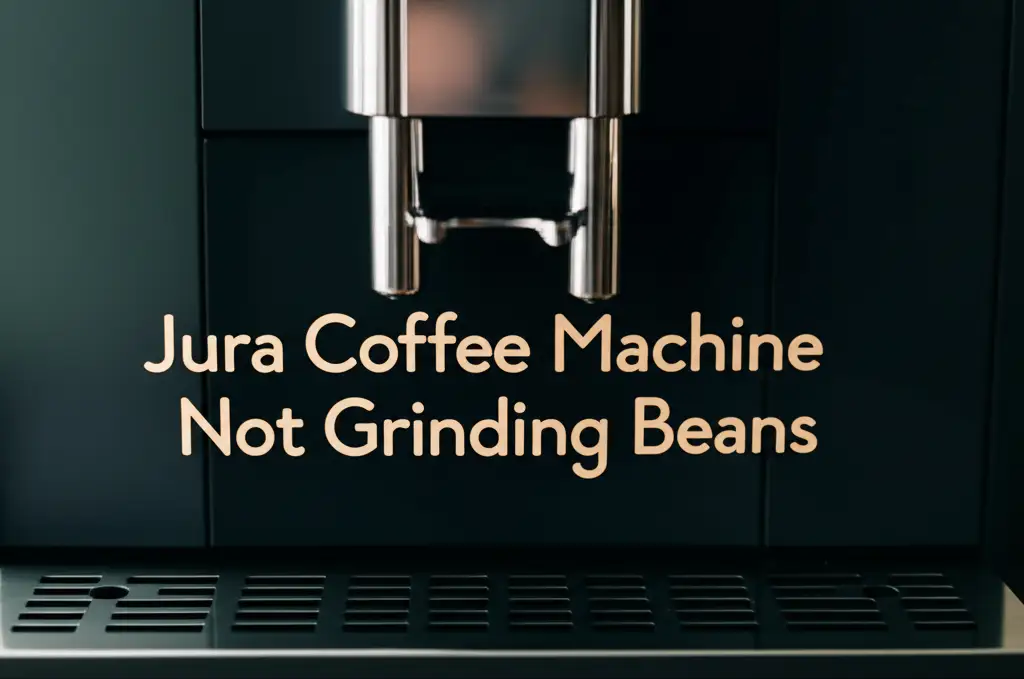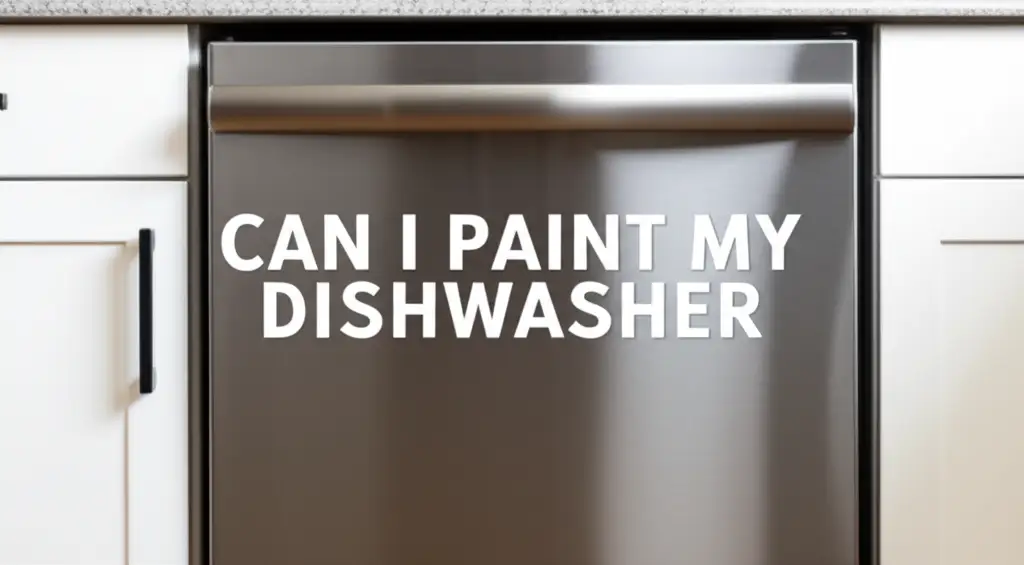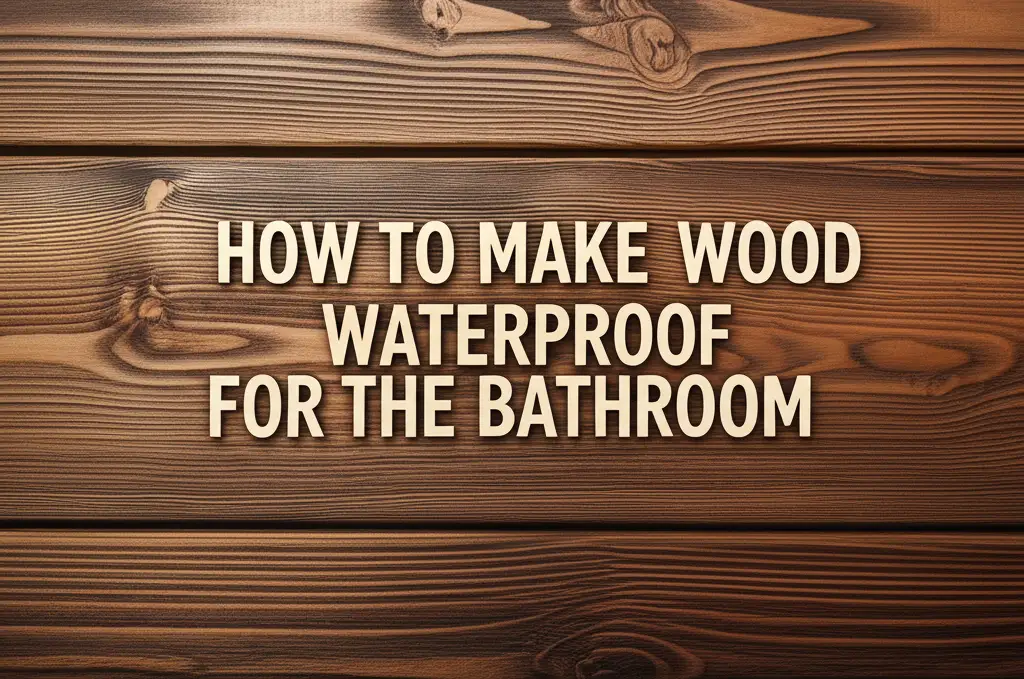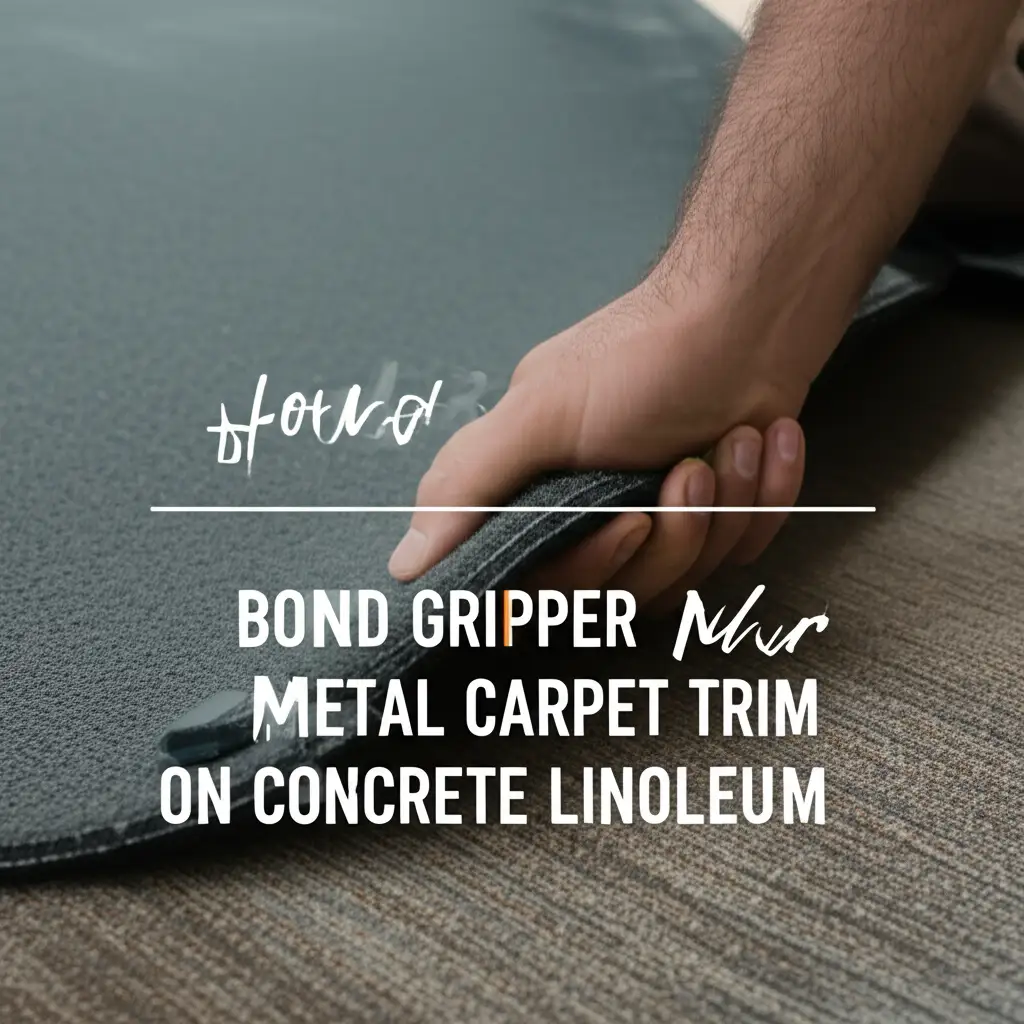· Tessa Winslow · Home Improvement · 17 min read
Jura Coffee Machine Not Grinding Beans

Jura Coffee Machine Not Grinding Beans? Fix It Now!
Few things disappoint more than a silent coffee machine when you crave your morning brew. If your Jura coffee machine is not grinding beans, it stops your daily routine. This common problem affects many coffee lovers. Do not worry; many reasons cause this issue, and most have simple solutions.
I understand the frustration when your Jura machine fails to deliver fresh coffee. This guide helps you diagnose and fix the problem. We will look at common culprits like empty bean hoppers or clogged grinders. We will also cover electrical issues and maintenance tips. By the end, you will know how to get your Jura coffee machine grinding beans again.
Takeaway
- Check the Bean Hopper: Ensure it contains enough fresh coffee beans.
- Inspect for Blockages: Look for obstructions in the grinder or chute.
- Clean the Grinder: Remove old coffee residue and oil buildup.
- Adjust Grind Settings: Ensure settings are not too fine for your beans.
- Address Moisture: Store beans properly to prevent clumping.
- Run a Cleaning Cycle: Use Jura products for internal cleaning.
- Contact Support: Seek professional help for internal component failures.
Your Jura coffee machine is not grinding beans typically because the bean hopper is empty, the grinder is clogged with old coffee grounds or foreign objects, or the grind setting is incorrect. Checking these basic points often solves the problem. You can usually fix these issues yourself without special tools.
Understanding Why Your Jura Coffee Machine Is Not Grinding Beans
It feels like a bad dream when your Jura coffee machine fails to grind beans. You press the button, hear the pump, but no grinding sound follows. This issue means your machine cannot turn whole beans into grounds for brewing. Freshly ground coffee tastes best, so this problem directly affects your drink quality.
Several factors often cause a Jura coffee machine not grinding beans. Sometimes, the problem is very simple, like an empty bean hopper. Other times, it involves a blockage in the grinder itself. Understanding these common causes helps you troubleshoot effectively. We will explore each possible reason in detail.
Your Jura machine has a precise grinding mechanism. It works hard to give you perfect coffee. Over time, beans leave oils and fine dust. This residue can build up and cause problems. Sometimes, a small stone or hard bean can enter the grinder. This also causes issues. We will walk through how to check for these problems. This helps you get your Jura back to working order.
The Most Common Culprits: Bean Hopper and Grinder Clogs
Often, the simplest answer is the right one when your Jura coffee machine is not grinding beans. The first place to look is always the bean hopper. This is where you put your whole coffee beans. If it is empty, the grinder has nothing to process. Always ensure your hopper has a good supply of fresh, whole beans. If you use beans with an oily surface, they can sometimes stick together. This creates an empty space at the bottom, even if the hopper looks full from the top. Stir the beans a bit to make sure they fall into the grinder.
Another frequent problem is a clogged grinder. Coffee beans, especially dark roasted ones, contain oils. These oils, along with fine coffee dust, can build up inside the grinder. This sticky residue prevents the burrs from turning freely or allows beans to pass through unground. Sometimes, a foreign object like a small stone or a piece of plastic might accidentally enter the grinder with your beans. This can jam the grinding mechanism completely. Always check for visible obstructions in the bean chute or grinder entrance.
You might also have old, stale beans. Stale beans can become very hard. This makes them difficult for the grinder to process. They might also break into irregular shapes that do not grind well. Always use fresh beans for the best results and to prevent grinder strain. If you store your beans incorrectly, they can absorb moisture. Damp beans become sticky and can clump together. This also leads to blockages. Make sure your coffee beans are always dry and stored in an airtight container.
Addressing Grind Settings and Coffee Bean Quality
The grind setting on your Jura coffee machine is important. If the grind setting is too fine, it can sometimes cause the grinder to seize up. Very fine settings make the grinder work harder. This can lead to clogs, especially with oily beans. Always check your machine’s manual for recommended grind settings. You might need to adjust it to a coarser setting temporarily if your Jura coffee machine is not grinding beans. This helps clear any internal blockage. After clearing, you can slowly adjust back to your preferred setting.
The type and quality of your coffee beans play a big role. Oily, dark roast beans are known to cause more grinder issues. The oils can build up faster inside the burrs. This leads to frequent clogs. Consider switching to medium roast beans if you consistently face grinding problems. Lighter roasts have less oil. They usually pass through the grinder more easily. Also, cheap, low-quality beans might contain small stones or foreign matter. These can damage the grinder. Always invest in good quality beans from a reputable source. This protects your machine.
Storing your coffee beans correctly is also key. Moisture is the enemy of coffee grinders. If beans absorb humidity, they become sticky. This stickiness prevents them from flowing smoothly into the grinder. It also makes them clump together. Store your beans in an airtight container. Keep them in a cool, dark place. Do not store them in the refrigerator or freezer, as this can introduce moisture through condensation. Proper storage ensures your beans remain dry and flow freely. This prevents issues with your Jura coffee machine not grinding beans.
Power, Sensor, and Electrical Checks for Jura Grinder Issues
Electrical issues can certainly cause your Jura coffee machine to stop grinding beans. First, check the power supply. Make sure the machine is plugged in properly. Also, check the power outlet itself. Try plugging another small appliance into the same outlet. This confirms the outlet works. Sometimes, a tripped circuit breaker can be the culprit. Check your home’s electrical panel and reset any tripped breakers. A loose power cord can also interrupt the flow of electricity. Ensure the cord is firmly seated in both the machine and the wall outlet.
Jura coffee machines use sensors to detect various conditions. One important sensor checks if beans are present in the hopper. If this sensor malfunctions, the machine might think the hopper is empty, even if it is full. This prevents the grinder from starting. There are no easy ways to test these sensors without disassembling the machine. However, if all other troubleshooting steps fail, a faulty sensor could be the cause. Another sensor detects the position of the grind adjustment dial. If this sensor sends an incorrect signal, the machine might behave as if it cannot grind.
Sometimes, the internal motor that drives the grinder can fail. This is less common but can happen over time. If you hear no sound from the grinder motor at all when you try to make coffee, this might be the issue. A motor failure usually requires professional repair. It is not a do-it-yourself fix. Also, issues with the machine’s control board can prevent the grinder from activating. The control board is the “brain” of the Jura machine. If it sends no signal to the grinder motor, the beans will not grind. These problems are more serious and often need a service technician.
Thorough Cleaning and Maintenance for Grinder Health
Regular cleaning is vital for preventing your Jura coffee machine not grinding beans. Coffee oils and fine particles build up over time. This buildup clogs the grinder. It also makes the burrs less effective. Jura offers special cleaning tablets. These tablets help remove coffee residue from inside the grinder. Follow the instructions in your machine’s manual for using these cleaning products. Running a cleaning cycle often solves minor grinding issues.
Beyond cleaning tablets, manual cleaning can also help. Unplug your machine first for safety. Carefully remove any accessible parts, like the bean hopper or bypass chute. Use a small brush or a vacuum cleaner with a narrow attachment. Gently clean out any visible coffee grounds or debris. Be careful not to force anything or damage delicate parts. Some Jura models allow access to the grinder burrs for cleaning. Always refer to your specific model’s manual before attempting this. Brushing out the burrs removes stubborn clogs.
Proper maintenance prevents future problems. Do not overfill the bean hopper. This can put strain on the grinder. Use only whole coffee beans in the hopper. Never put pre-ground coffee into the bean hopper. Pre-ground coffee is too fine and will cause severe clogs. If you need to use pre-ground coffee for a single serving, use the bypass chute if your Jura machine has one. Regular descaling of your machine is also important for its overall health, though it is less directly related to the grinder. For other coffee machine maintenance, you might find tips on how to clean Breville coffee machine water filter, which shares some principles with Jura care.
Troubleshooting Specific Error Messages and Sounds
Your Jura coffee machine might display an error message if it encounters a grinding issue. These messages are often helpful. They point you toward the specific problem. For example, a “Fill Beans” message when the hopper is full indicates a sensor problem. A “Grinder Blocked” message means a physical obstruction. Consult your Jura manual for a list of error codes and their meanings. Understanding the message helps you take the right action. If no error message appears, listen carefully to any sounds the machine makes.
When the Jura coffee machine is not grinding beans, listen for any unusual noises. Do you hear a faint hum but no grinding sound? This might mean the grinder motor is trying to work but is jammed. A loud, rattling noise often indicates a foreign object in the grinder. It could be a small stone or a broken piece of plastic. A complete silence when you expect grinding suggests an electrical issue or a dead motor. Different sounds give clues about the nature of the problem.
If you hear a grinding sound but no coffee comes out, the problem might be a clogged dispensing chute. The grinder is working, but the ground coffee cannot reach the brewing unit. This happens when finely ground coffee or moisture causes grounds to clump in the chute. You can often clear this with a small brush or a pipe cleaner. This happens more often with very dark, oily beans. Regularly cleaning the dispensing chute prevents this issue. Always ensure all pathways for the coffee are clear, from bean hopper to cup.
Advanced Troubleshooting and When to Seek Professional Help
If basic checks and cleaning do not resolve your Jura coffee machine not grinding beans issue, you might need to go deeper. Sometimes, internal components might be at fault. This includes the grinding burrs themselves. Over many years of use, the burrs can become dull. Dull burrs do not grind beans effectively. They might produce a coarser, inconsistent grind, or fail to grind at all. Replacing the burrs is a complex task. It often requires specific tools and technical knowledge.
Another advanced issue could be a faulty drive motor or a problem with the internal gearing. These parts are responsible for turning the grinder burrs. If they are worn out or broken, the grinder will not operate. You might hear strange noises or no noise at all if these parts fail. Accessing these components means opening the machine. This voids your warranty if done incorrectly. It also poses electrical safety risks.
If you have tried all the basic troubleshooting steps, it might be time to call a professional. Jura service centers have specialized tools and training. They can diagnose internal component failures accurately. They also have access to genuine replacement parts. Trying to fix complex internal issues yourself can cause more damage. This might also lead to higher repair costs later. Explain all the symptoms you observed to the technician. This helps them diagnose the problem faster. A professional ensures your Jura machine gets fixed correctly and safely.
Preventing Future Grinding Problems with Your Jura Machine
Preventing problems is better than fixing them. To keep your Jura coffee machine from not grinding beans, adopt some good habits. Start with your coffee beans. Always use fresh, good quality, whole coffee beans. Avoid overly oily, dark roasts if you experience frequent clogs. Lighter or medium roasts tend to be less problematic for grinders. Also, store your coffee beans correctly. Use an airtight container. Keep it in a cool, dark place. This protects beans from moisture and air. Moisture makes beans sticky and prone to clumping in the grinder.
Regular cleaning is the most important preventive measure. Run a Jura cleaning tablet cycle as recommended by your machine’s manual. These tablets help remove coffee oil residue from the grinder burrs. This prevents buildup that can cause clogs. You can also manually clean the bean hopper and any accessible parts. Use a small brush or a vacuum to remove loose grounds and debris. Do this periodically, especially if you brew a lot of coffee.
Check your grind setting regularly. Make sure it is appropriate for your beans and machine. If you notice your coffee tastes weak or watery, it might be due to an incorrect grind. Adjusting it can prevent straining the grinder. Never put anything other than whole coffee beans into the grinder hopper. This means no sugar, no pre-ground coffee, and definitely no foreign objects. These things can damage the delicate grinder burrs. Following these steps helps keep your Jura grinding smoothly for years. Taking care of your machine ensures great coffee every time, whether you use it to brew a standard cup or even for how to make coffee Aeropress if you use ground coffee from your Jura for other brewing methods.
What to Do If Coffee Spills During Troubleshooting
Sometimes, troubleshooting can lead to unexpected spills. If you are checking your Jura coffee machine and grounds or coffee spills, clean it up quickly. A coffee spill can be messy. It can stain surfaces, especially light-colored ones. Act fast to prevent permanent marks.
First, blot the spill immediately with a clean cloth or paper towel. Do not rub, as this can spread the stain. For liquid coffee, absorb as much as possible. If it is ground coffee, scoop up the bulk of it. Then, gently vacuum any remaining fine particles. Once the excess is gone, you can tackle any stains.
For carpet or fabric, use a small amount of cold water. Blot the area from the outside of the stain inward. This prevents the stain from spreading. You can also use a mild detergent solution. Mix a tiny bit of dish soap with water. Apply it to a clean cloth. Dab the stain gently. Rinse by dabbing with a damp cloth. Repeat until the stain lifts. For hard surfaces, a simple wipe with a damp cloth usually works. Make sure to dry the area completely afterward. Proper cleanup ensures your home stays tidy while you fix your machine. You can find more detailed advice on how to get coffee spill out of carpet if you need it.
Jura Model-Specific Grinder Quirks and Solutions
Jura offers many coffee machine models, and each has unique quirks. While the basic principles for a Jura coffee machine not grinding beans apply to all, some specific models might have their own considerations. For instance, entry-level Jura models might have simpler grinders. These grinders can be more sensitive to very oily beans. High-end models often have more robust ceramic grinders. These are less prone to dulling but can still clog. Always check your specific model’s manual for precise troubleshooting steps.
Some Jura models have integrated bypass chutes for pre-ground coffee. If you use this feature often, ensure the chute does not get blocked. Ground coffee can compact and clog the internal pathways. If you switch between whole beans and pre-ground coffee, clean this chute regularly. Newer Jura machines have more advanced error detection. They might give clearer error messages than older models. Pay close attention to these digital readouts. They provide valuable clues.
Specific models might also have different ways to access the grinder for cleaning. Some might require removing the bean hopper. Others might have a service panel. Never force parts if they do not come off easily. This can cause damage. Always follow the manufacturer’s guidelines for disassembly and reassembly. If you are unsure about a specific step, consult your manual or a Jura service technician. Understanding your specific Jura model helps you fix problems effectively and prevents new ones.
FAQs About Jura Coffee Machine Grinding Issues
Why does my Jura coffee machine say “Fill Beans” when it’s full? This error often points to a faulty bean sensor. The sensor tells the machine if beans are present. If it fails, the machine believes the hopper is empty. Try cleaning the sensor area if it is accessible. Otherwise, a technician may need to replace the sensor or check its connection.
Can I put pre-ground coffee into my Jura bean hopper? No, you should never put pre-ground coffee into the bean hopper of your Jura machine. Pre-ground coffee is too fine for the integrated grinder. It will severely clog the grinder and internal pathways. Use the bypass chute specifically designed for pre-ground coffee if your model has one.
How often should I clean my Jura coffee machine’s grinder? The frequency depends on your usage and bean type. For daily use, run a Jura cleaning tablet cycle every few weeks or as recommended by your machine’s service menu. If you use oily beans, clean more often. Regular manual cleaning of the hopper area helps too.
What kind of coffee beans are best for Jura machines to prevent grinding issues? Medium roast, less oily beans are generally best for preventing grinder issues. Darker, very oily roasts tend to cause more residue buildup and clogs. Fresh beans are also crucial, as stale or damp beans can cause problems. Always use whole beans.
My Jura grinder makes a noise but no coffee comes out. What’s wrong? This usually means the grinder is working, but the ground coffee cannot reach the brewing unit. The most common cause is a clogged dispensing chute. Old, compacted coffee grounds often block this path. Try cleaning the chute with a small brush or pipe cleaner.
Is it safe to try and fix my Jura grinder myself? For basic troubleshooting like checking beans, cleaning the hopper, or adjusting settings, yes, it is safe. For more complex issues like internal blockages, motor failure, or sensor replacement, it is safer to contact a professional. Opening the machine can void warranties and pose electrical risks.
Conclusion
Having your Jura coffee machine not grinding beans is a frustrating experience, but it is often fixable. We have covered many common causes, from simple issues like an empty bean hopper to more involved problems like clogged grinders or electrical faults. Remember, the first steps are always the simplest: check your bean supply, ensure the right grind setting, and inspect for obvious blockages.
Regular cleaning and proper bean storage are your best defense against future grinding issues. Using quality beans and following your machine’s maintenance schedule keeps it running smoothly. If you have tried all the troubleshooting steps and your Jura coffee machine still refuses to grind beans, do not hesitate to contact Jura’s customer support or a certified service technician. Your Jura machine is a valuable appliance, and proper care ensures you enjoy fresh, delicious coffee for many years to come. Do not let a grinding problem stand between you and your perfect cup!
- Jura coffee machine
- coffee grinder repair
- Jura troubleshooting
- not grinding beans
- coffee machine maintenance
- appliance fix





